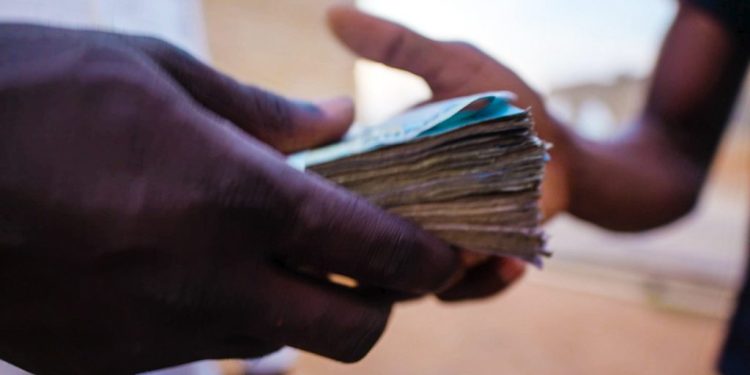A new report from the Ghana Statistical Service (GSS) shows that men are much more likely than women to pay bribes when dealing with public offices.
The report, which is part of the Governance Series Wave 1, noted that while 55.7% of Ghanaians interacted with public officials in 2024, nearly one in six (18.4%) admitted to giving gifts in exchange for services.
The study used phone interviews to survey 7,248 people across all 16 regions of Ghana. It found that 55.7% had interacted with a public official in 2024.
The research supports Ghana’s efforts to monitor progress on SDG Indicator 16.5.1, which tracks bribery in public institutions.
Strikingly, men accounted for 68.3% of these bribery cases, more than double the figure recorded among women (31.7%).
The data, which sheds light on the continued grip of corruption on public service delivery, suggests that men are not only more involved in institutional engagements but also more likely to resort to illicit payments to facilitate access to services.

The chart shows that money is by far the most common item given to public officials in addition to official fees, making up 85.2% of all such gifts. This is followed distantly by: Food, drinks, or animals: 9.0%, Exchange services: 4.4%, and Valuables: 1.4%
This highlights that cash bribes are the dominant form of unofficial payments in public service interactions.
 The trend was also more pronounced in urban areas, where 64.3% of bribery cases occurred, compared to 35.7% in rural settings.
The trend was also more pronounced in urban areas, where 64.3% of bribery cases occurred, compared to 35.7% in rural settings.
The Greater Accra and Ashanti regions recorded the highest levels of bribery, while the Savannah and North East regions had the lowest.
 The report additionally highlighted that vulnerable groups—especially persons with physical and visual impairments—were more likely to experience bribery, raising concerns about equity in access to public services.
The report additionally highlighted that vulnerable groups—especially persons with physical and visual impairments—were more likely to experience bribery, raising concerns about equity in access to public services.










